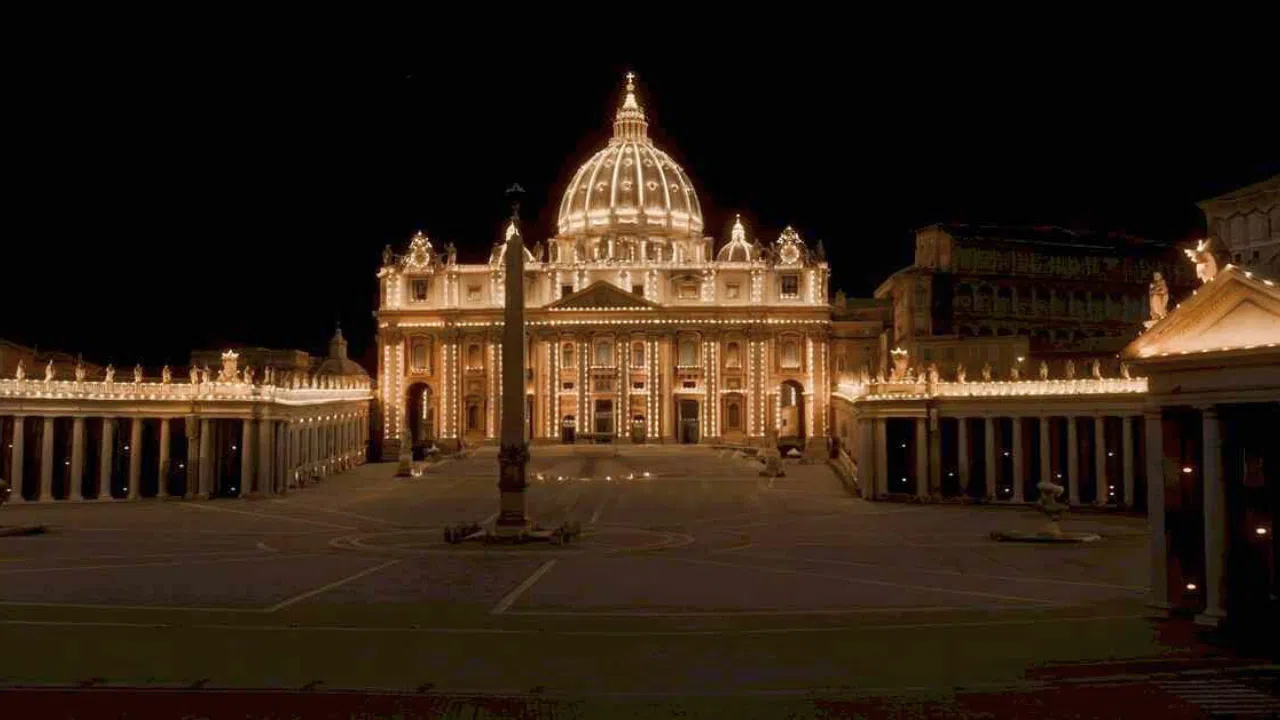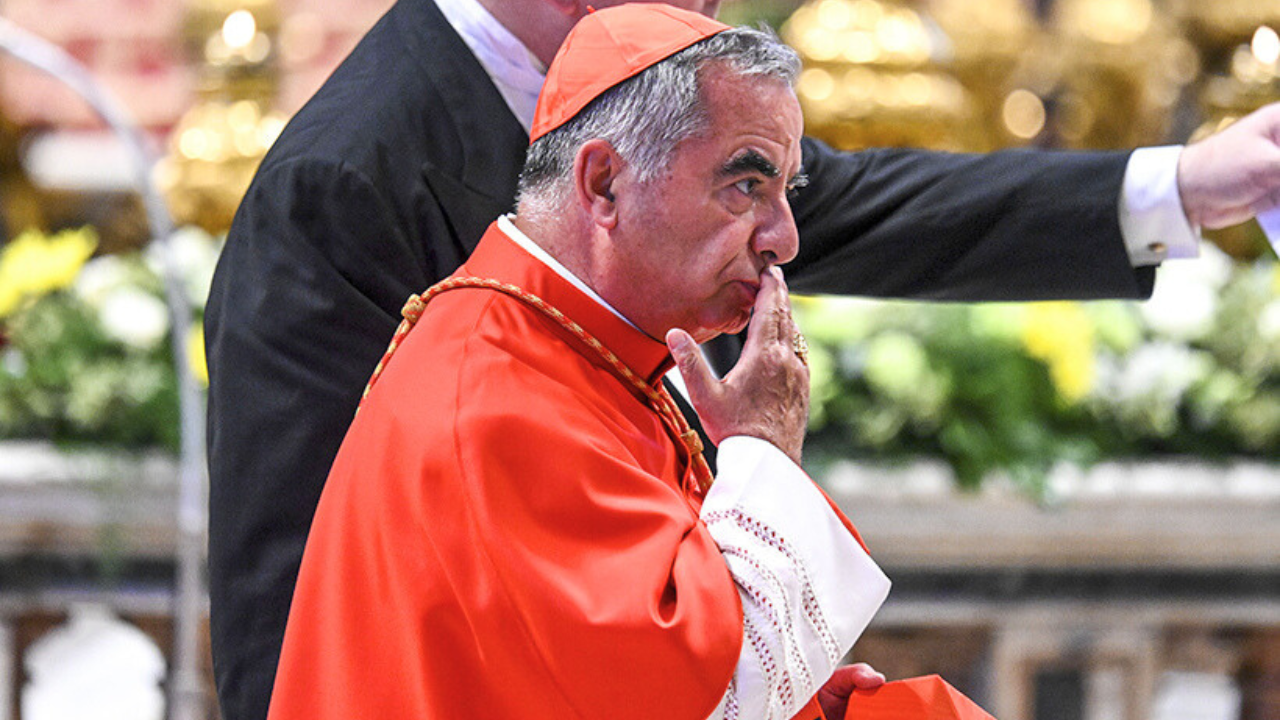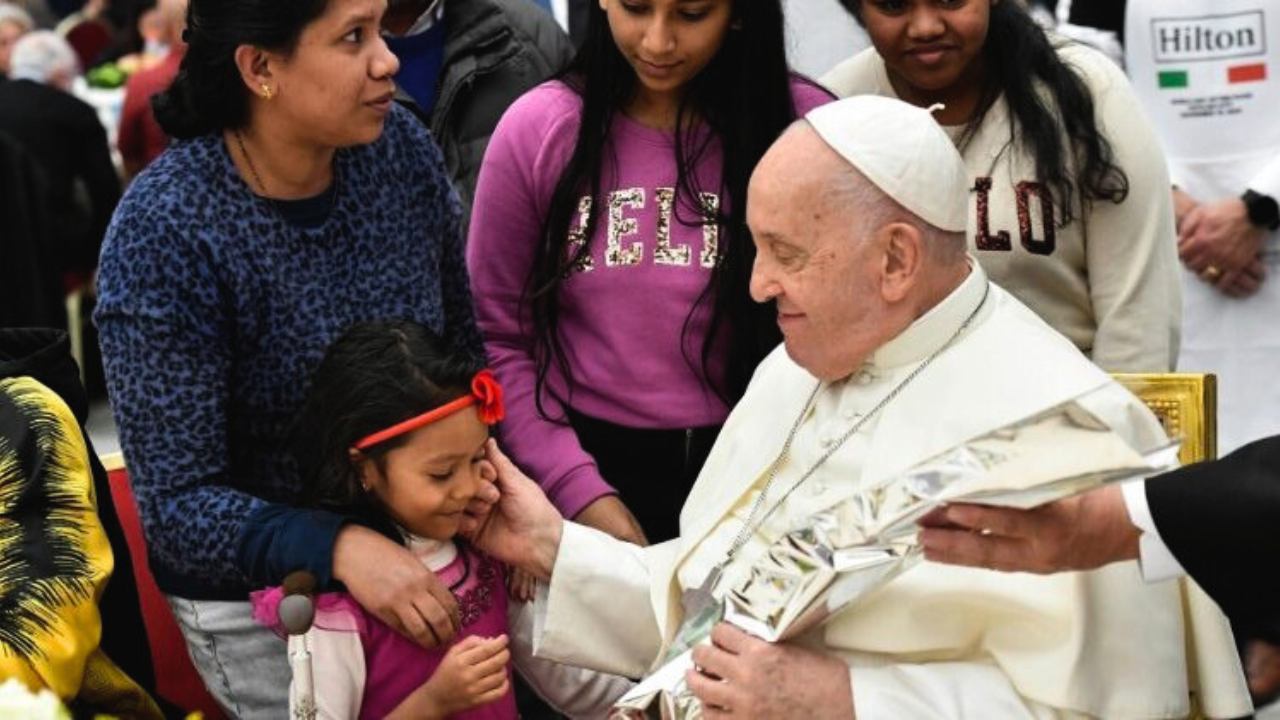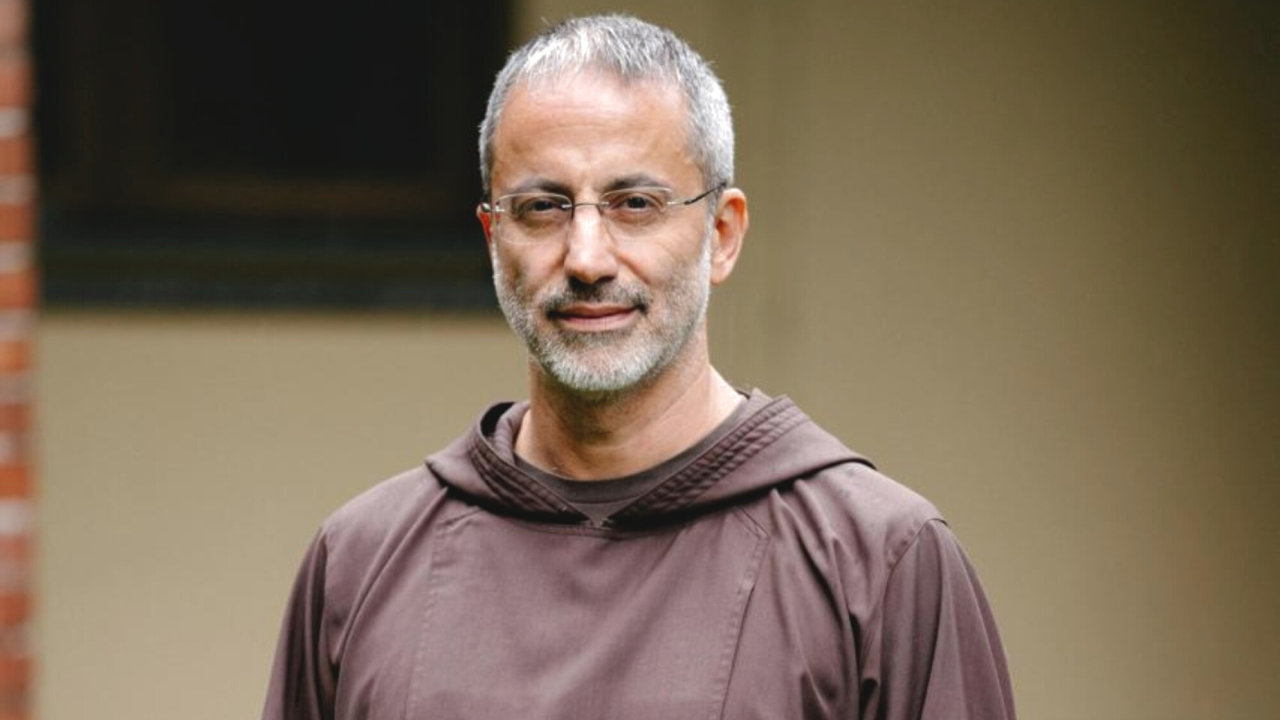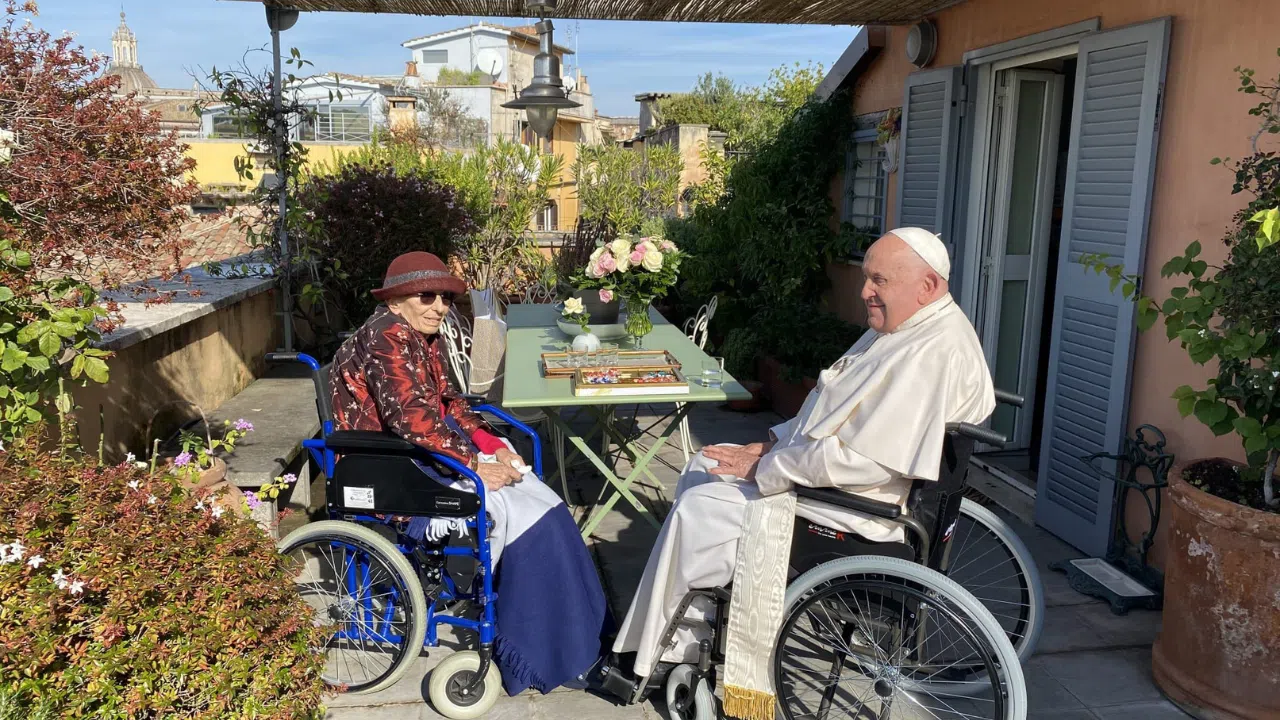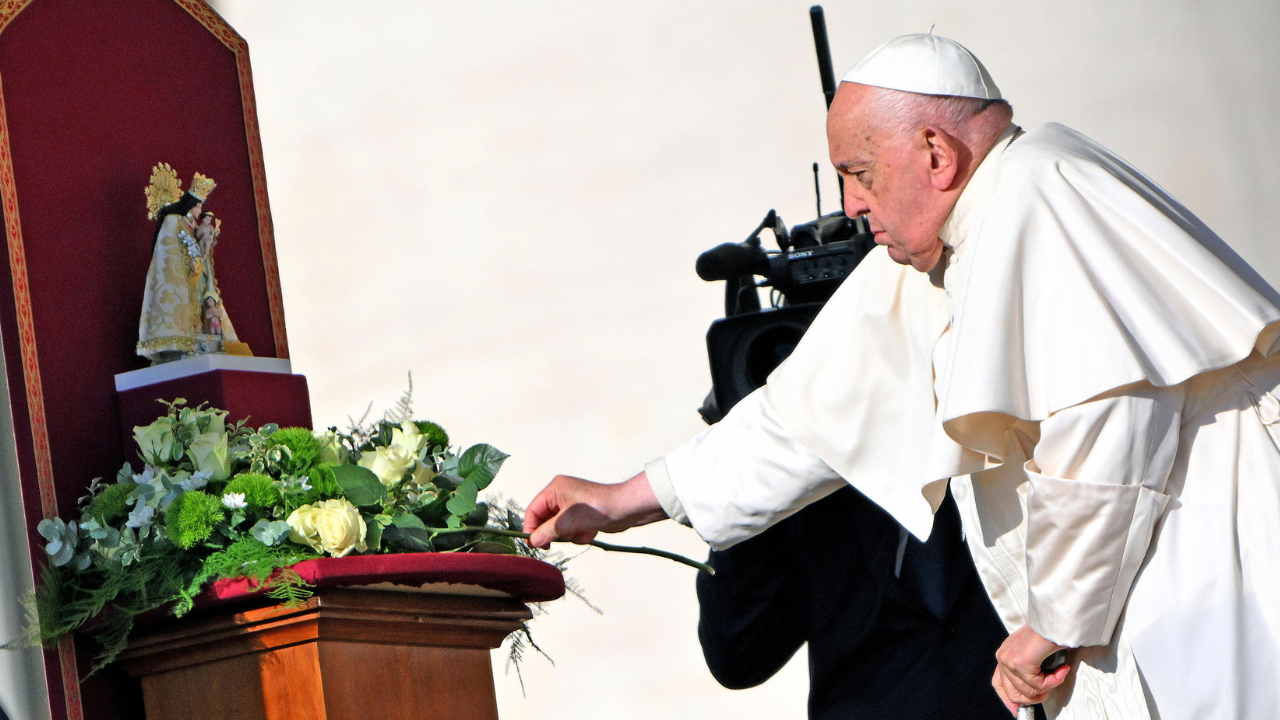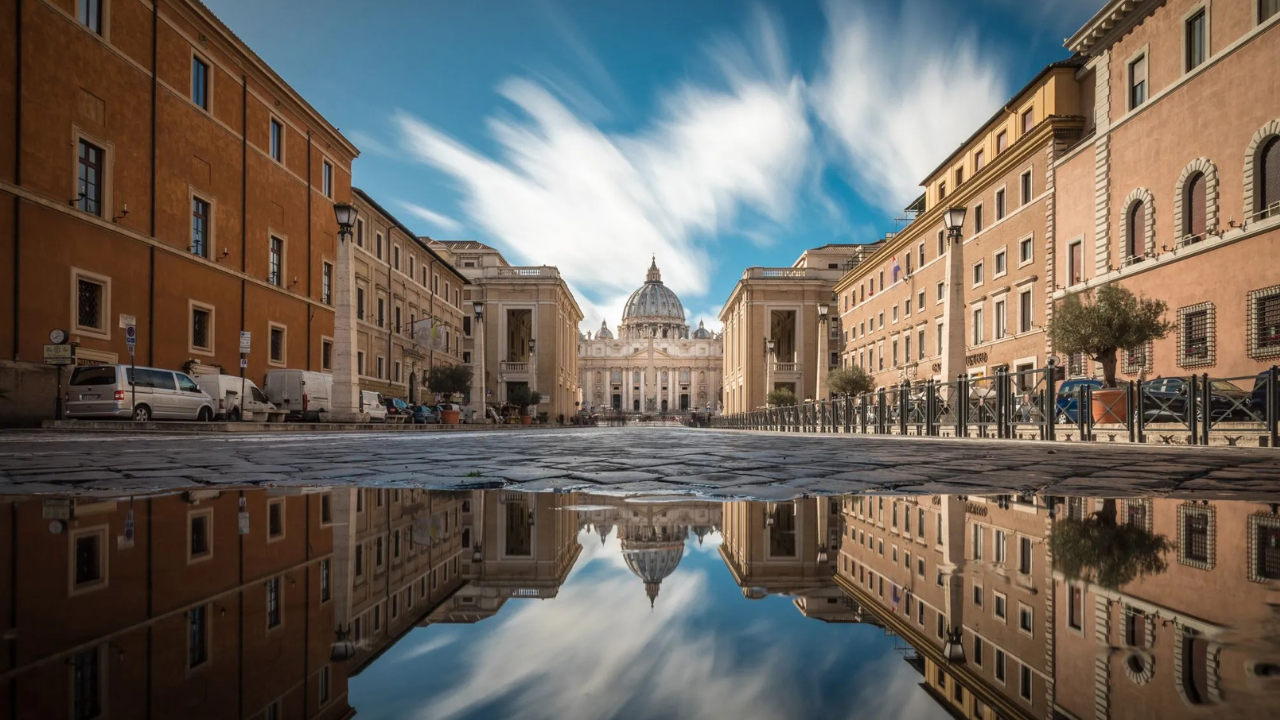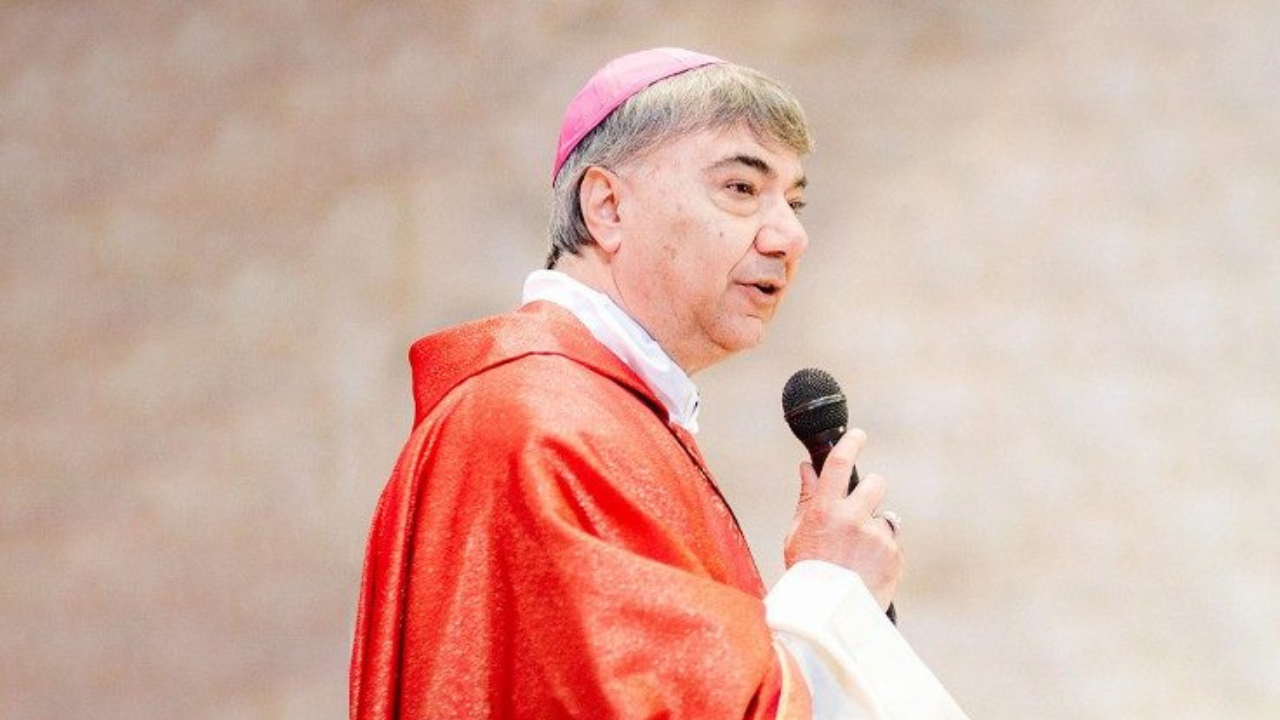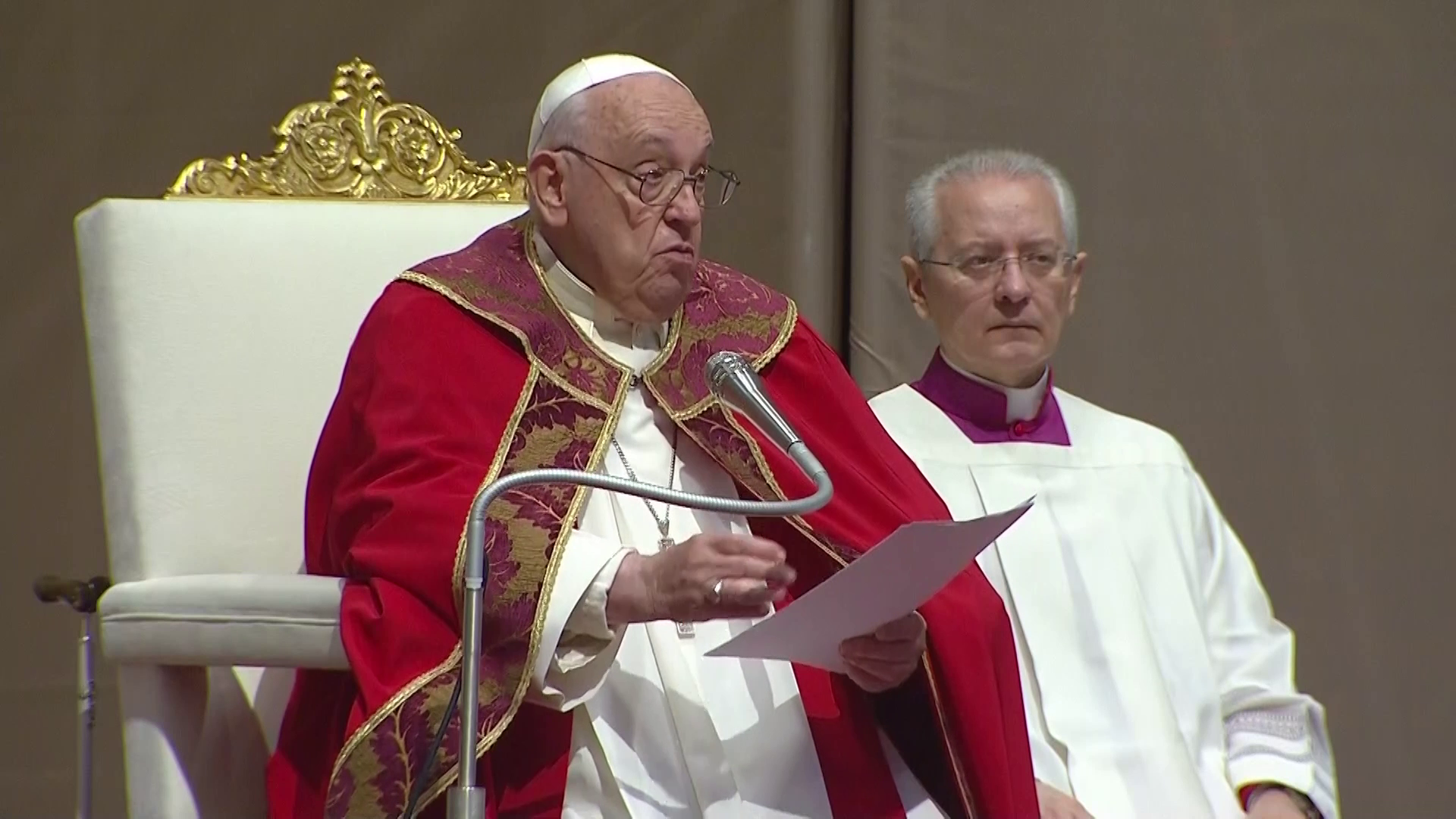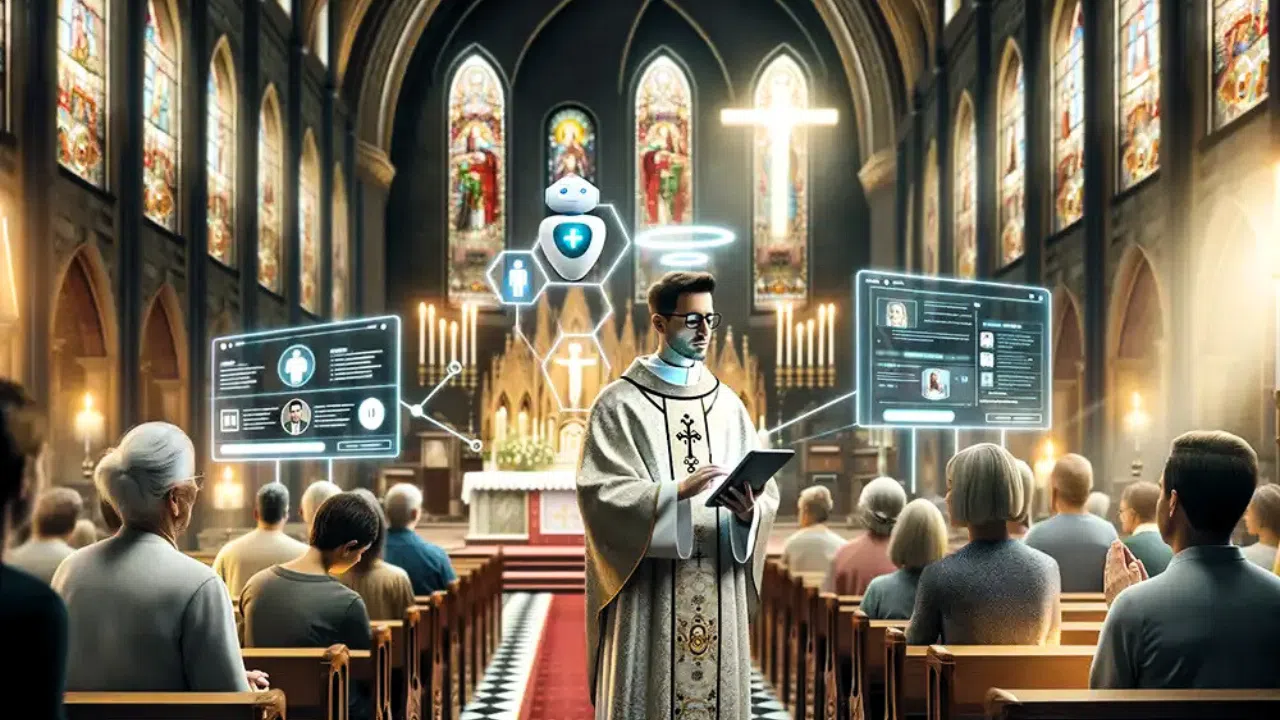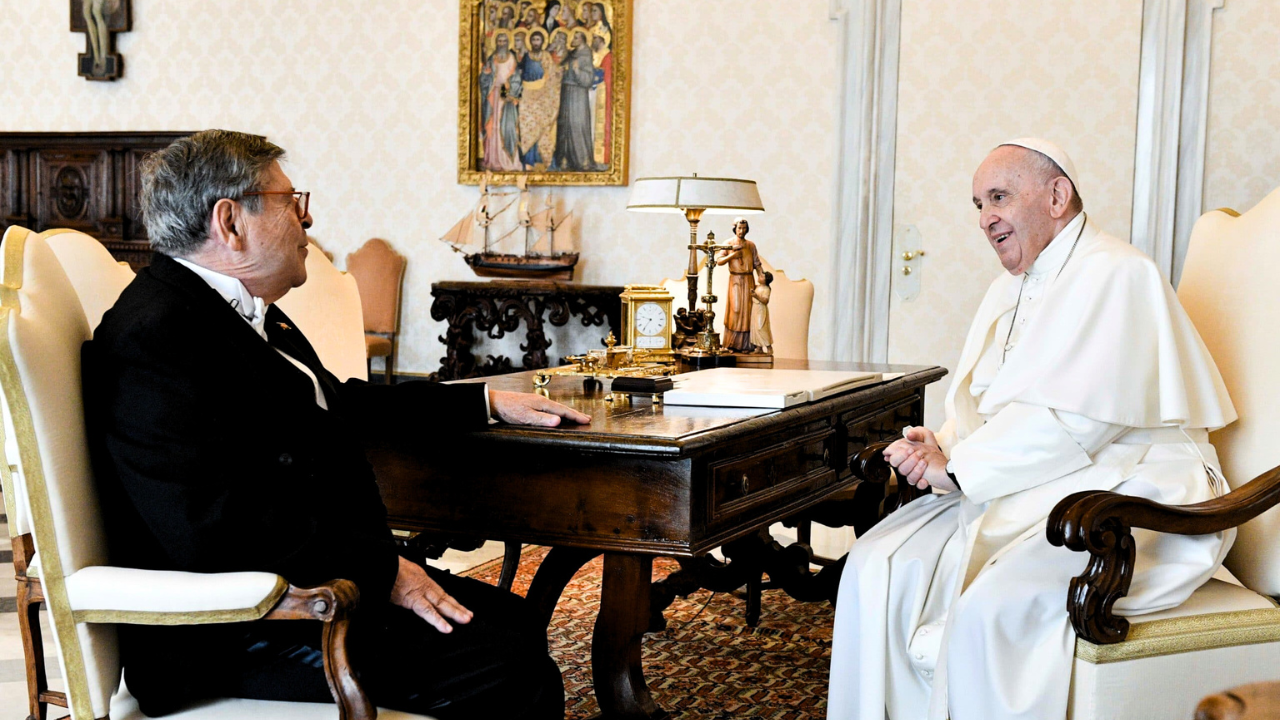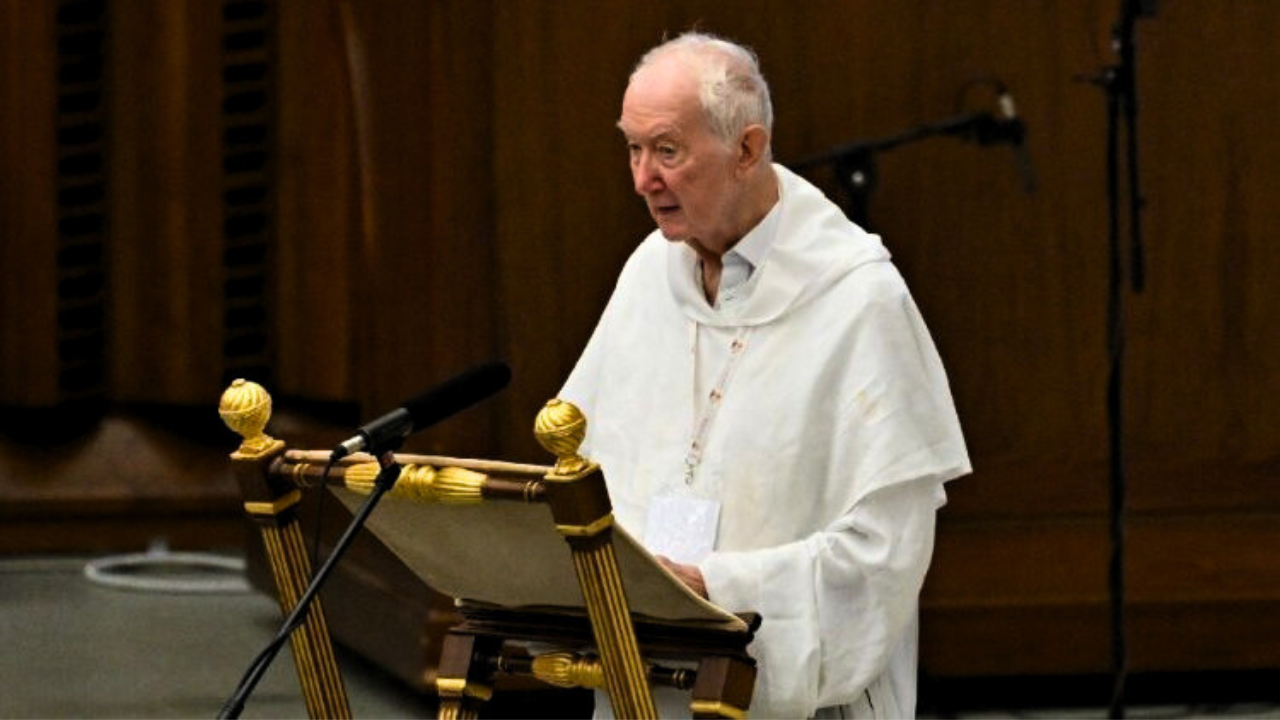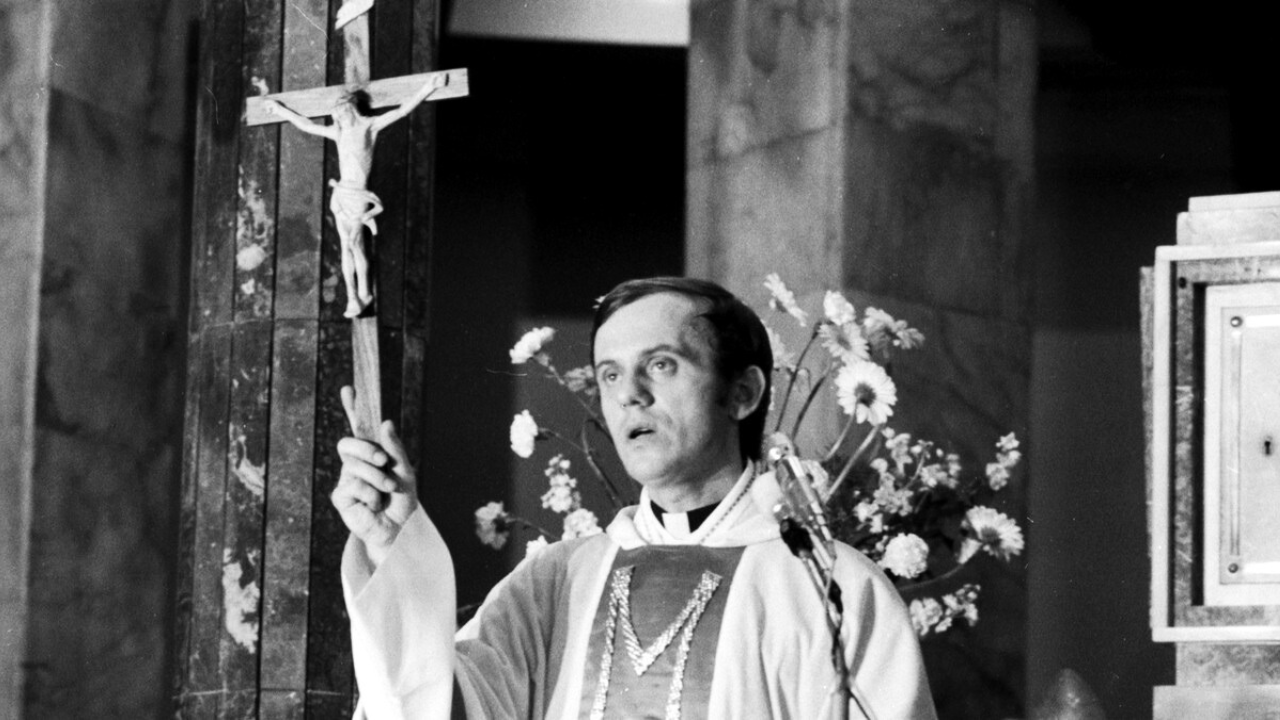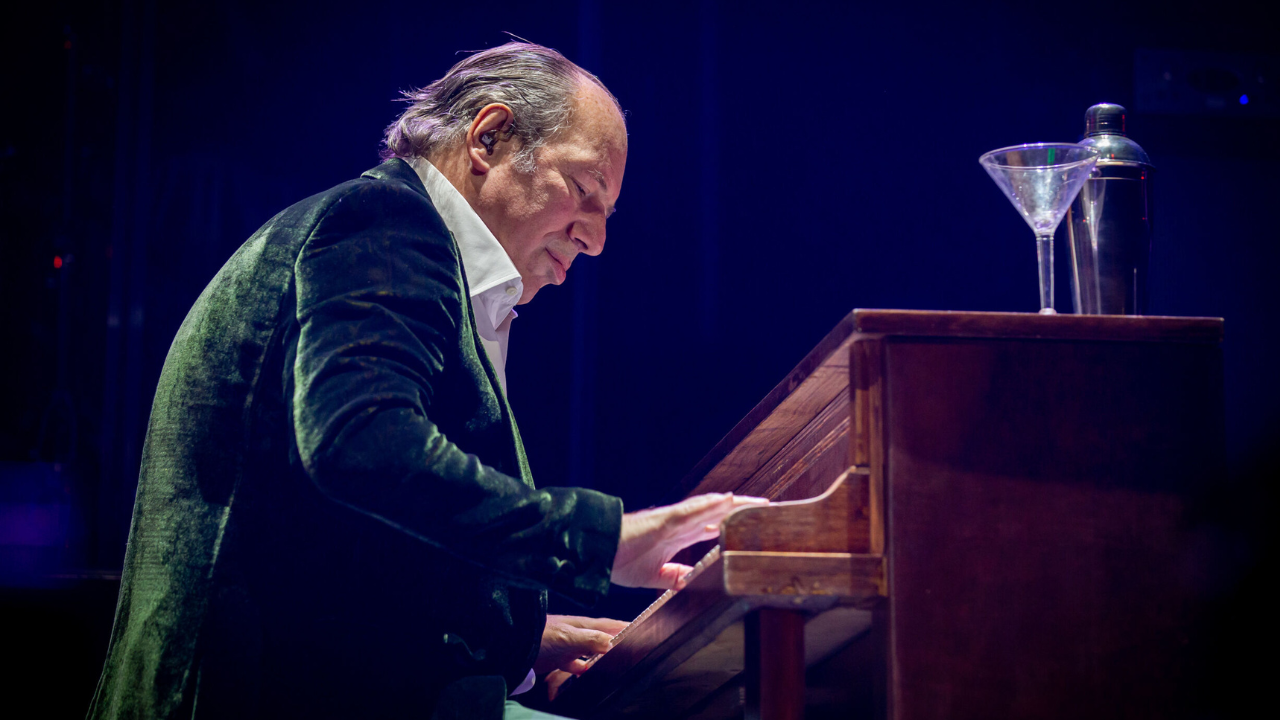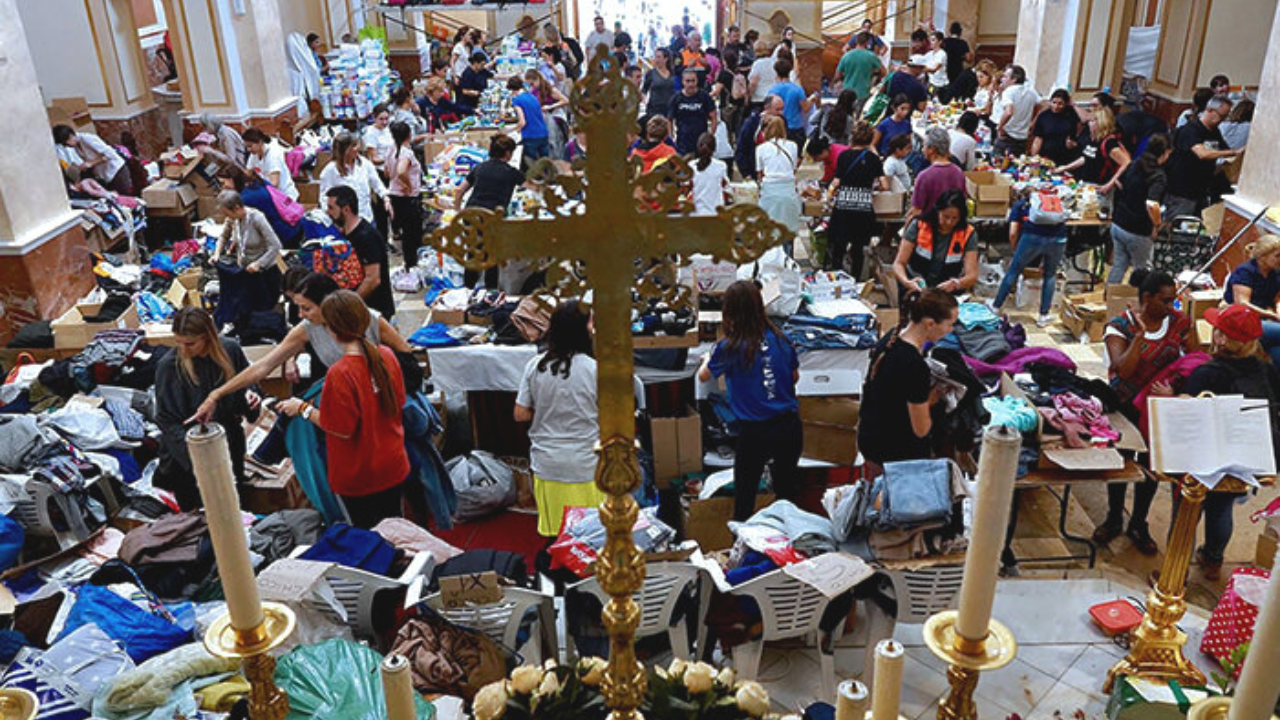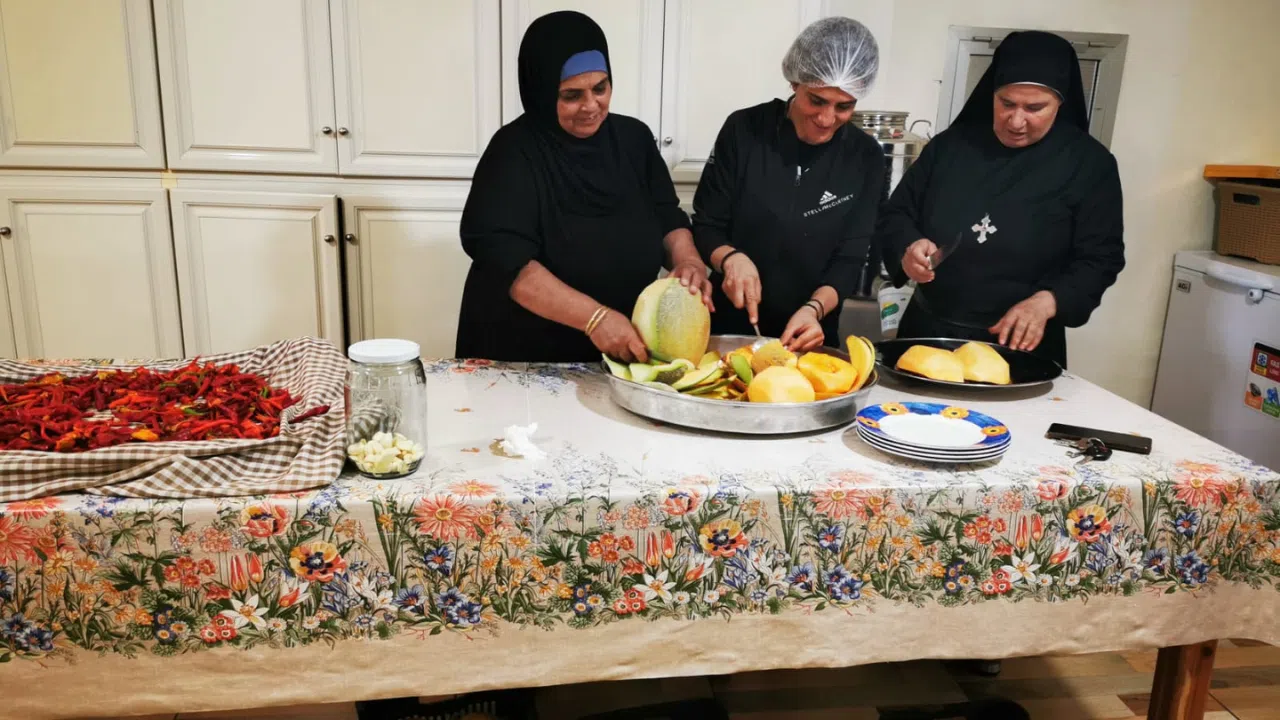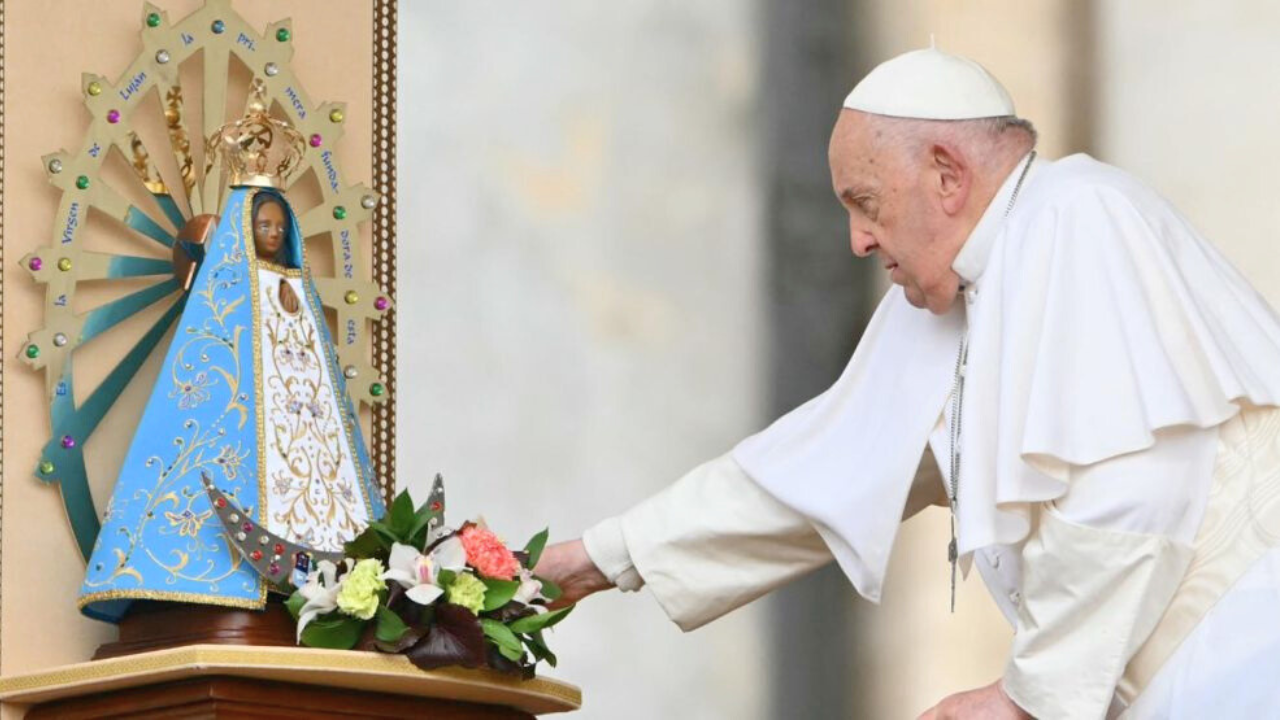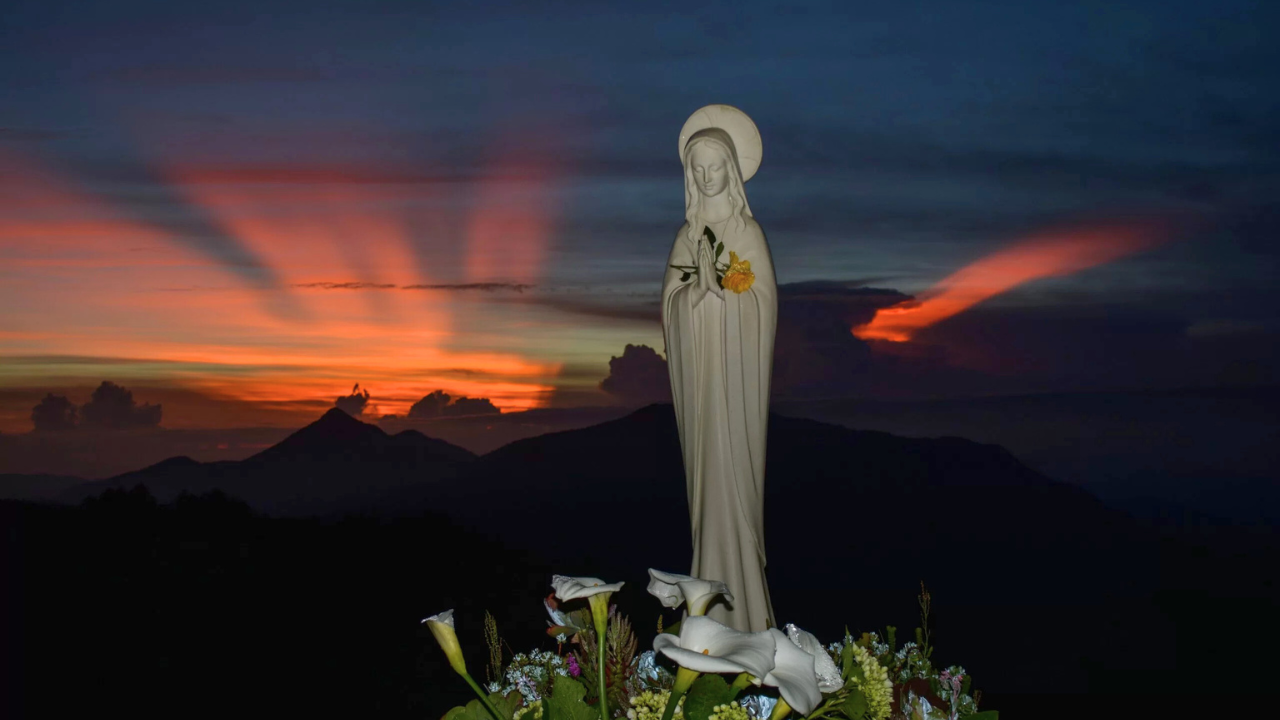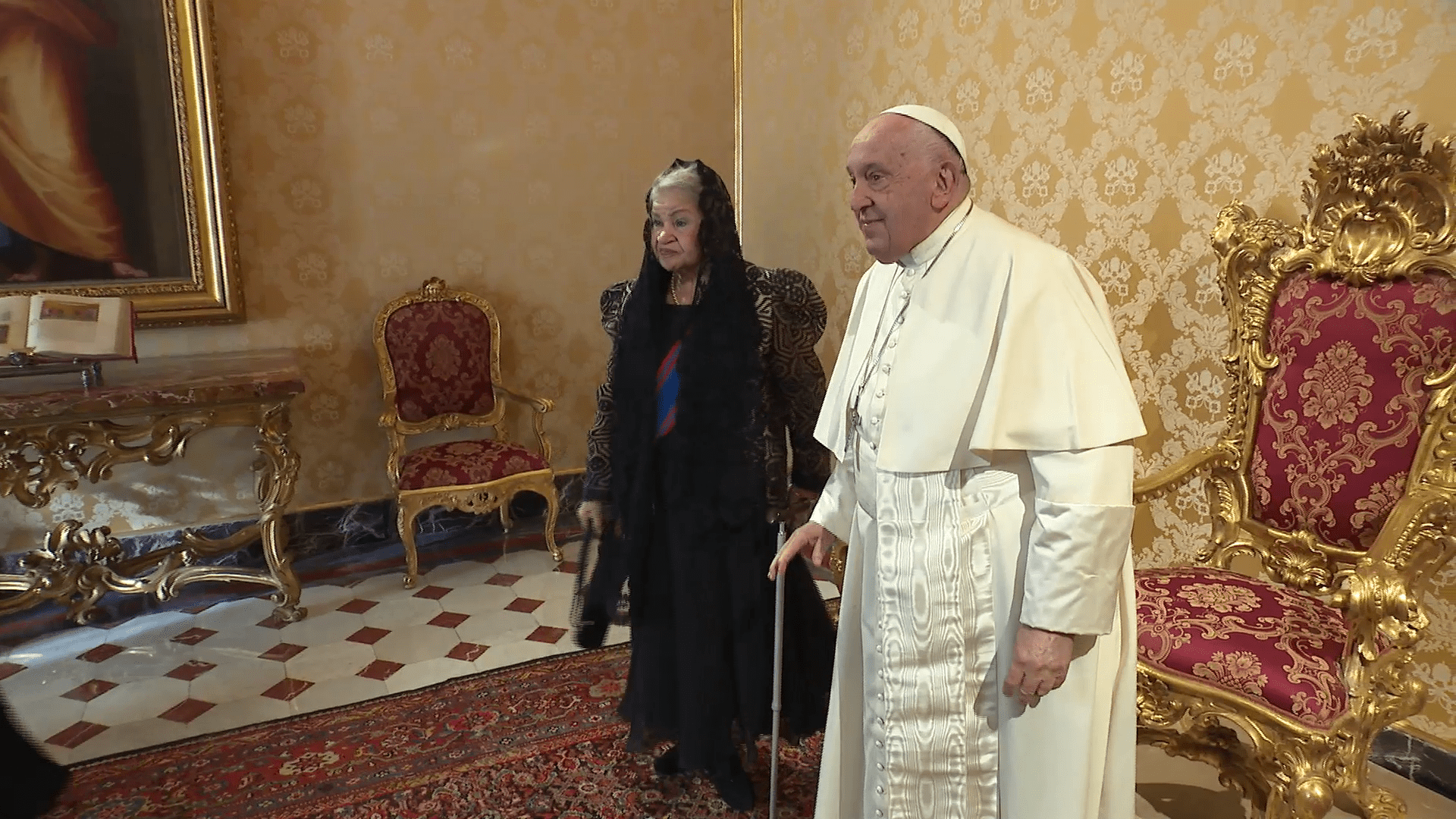The Pontifical Commission for Latin America has a difficult task on its hands: to be a bridge between the Vatican and Latin America, but also a bridge linking all cultures in the Americas.
EMILCE CUDA
Secretary, Pontifical Commission for Latin America
“The Pope is very enthusiastic and hopes that this commission will truly be a bridge not only between the Roman Curia and Latin America, understood as South and Central America, but also a bridge connecting all of the Americas.”
Emilce Cuda is the new secretary of this Pontifical Commission. She's one of several women to whom Pope Francis has given a high-ranking position at the Vatican.
EMILCE CUDA
Secretary, Pontifical Commission for Latin America
“As a woman, I welcomed the news with a lot of hope, especially because I see it as a service to the Church, and women have a lot to contribute. Women can bring unity and, above all, sensitivity, which I think is very important at a time when we are looking for a culture of encounter.”
Throughout his pontificate, Pope Francis has given various women important roles at the Vatican. For example, he named Sr. Nathalie Becquart as the sub-secretary of the Synod.
To Sr. Raffaella Petrini he gave the second highest-ranking position in the Vatican City State Governorate.
And Sr. Alessandra Smerilli he named the number two of the Dicastery for Promoting Integral Human Development.
The latest addition to the list is Emilce Cuda, a lay woman and university professor from Argentina. She specializes in political theology and explains that the Pope's ideas in this field transcend left- and right-wing divisions, because Pope Francis promotes a “politics of unity.”
EMILCE CUDA
Secretary, Pontifical Commission for Latin America
“The unity of which Pope Francis speaks is, in my opinion, the new path for politics, one which finds unity in people's needs. It isn't party politics, but politics that unites people at their needs, regardless of their differences. And from there they can start to strategically build an identity which gives meaning to their lives.”
POPE FRANCIS
'Unity is not uniformity, it is not to forcibly do everything together, nor thinking in the same way.'
POPE FRANCIS
'Politics is a vocation of service, it is a lay deaconate that promotes social friendship to increase the common good.'
Another way to understand this idea is by looking at the Pope's meetings with popular movements, to which he has dedicated a lot of time during his trips to Latin America.
Emilce Cuda explains that they are people united by a need more than by an ideology or political party. In fact, many of their problems can often be resolved by either party.
Their objective is simple: to have a job and a home. The Pope listens to these people, which has earned him a number of labels, like left-wing, populist and even communist.
Emilce Cuda says these categories cannot be applied to the Pope, and that using terms like left- and right-wing is outdated.
EMILCE CUDA
Secretary, Pontifical Commission for Latin America
“I think this right-wing, left-wing structure has something to do with a liberal 20th-century structure, which was a response to the economic conditions that characterized the 20th century. In the 21st century, given the qualitative technological leaps made, those categories no longer apply. Nor can we define them, because that would mean determining the reality. Rather, different populations will gradually build their own definitions.”
Emilce Cuda will work closely with the other secretary of the Pontifical Commission, a university professor from Mexico, Rodrigo Guerra.
JRB
TR: CT
